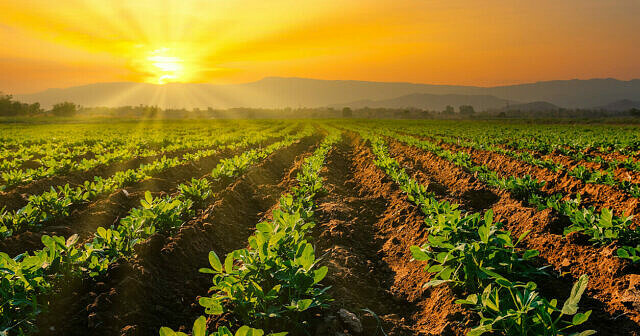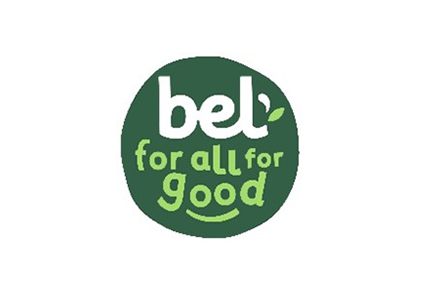Building Sustainable Value Chains – The Master Class
4th December 2017

“We will fail if we set up a sustainability strategy, we need a business strategy for sustainability.” – Duncan Pollard, Nestlé
On 14-15 November 2017, the Sustainable Agriculture Initiative Platform and the Business School Lausanne joined forces once again for the annual Master Class programme on sustainable sourcing. The Master Class looked at sustainable solutions to today’s challenges when sourcing agricultural raw materials.
Interactive sessions accompanied by the participation of experts and senior executive practitioners offered a first-hand and experienced perspective to developing and indeed selling the business case for sustainable sourcing. The invited experts provided approaches based on their own experiences demonstrating that there are various roads towards designing and implementing a viable and sustainable agricultural strategy.
“Sustainability should make you money. If it isn’t, you’re doing the wrong project!” – Nigel Davies, Muntons
Key points that came out over the course of the two days highlighted the complexity and inter-connected structure of sustainable agriculture, yet at the same time emphasised the importance of sustainable sourcing as no supply means no business – “No barley, no beer”.
Engaging stakeholders and the issue of communication across the supply chain was also regarded as a key component to success in sustainable sourcing. The United Nations’ Sustainable Development Goals have become an important tool to articulate a business case which can be tailor-made to each sector accordingly.
The issue of transparency was cited as a core focus when it came to creating and communicating a strong business case for sustainable agriculture. Factors such as, to what extent do consumers really want to know about social issues? And, how much are they willing to pay? Or the need for greater transparency in sharing the cost burden to ensure that costs are not pushed down the supply chain with producers bearing the brunt. It is important to reach a win-win situation for all stakeholders.
“We need people on the ground, talking to farmers so that they understand the relevance and importance.” – Rozanne Davis, innocent
Discussions during the Master Class also showed that as business becomes increasingly focussed on sustainable practices, it is seeing first-hand how the issues with commodities are also shifting. Labour issues are still key, but deforestation for example, is now really coming to the fore as a global issue. An evolution has happened, meaning that business knows more and is more involved with a positive impact on NGO strategy and focus.
It was brought to the floor repeatedly, that companies and NGOs cannot do it on their own. Policy is also needed. The collaboration and ambition of businesses, government and NGOs right across the supply chain is an essential component. The role of the public sector is to help get farmers involved from the start.
“Make sustainability everyone’s job, and make change sustainable.” – Miroslav Urica, Coca-Cola Hellenic Bottling Company
Finally, an overview of SAI Platform’s Farm Sustainability Assessment (FSA) was met with a lively Q&A session and highlighted both the level of take-up and the level of interest in the FSA as a practical tool and means of implementing sustainable practices.
Our next Master Class on Building Sustainable Value Chains will take place on 20-21 November 2018, at the Business School Lausanne. More information on the programme, key-note speakers and guest experts to follow.


